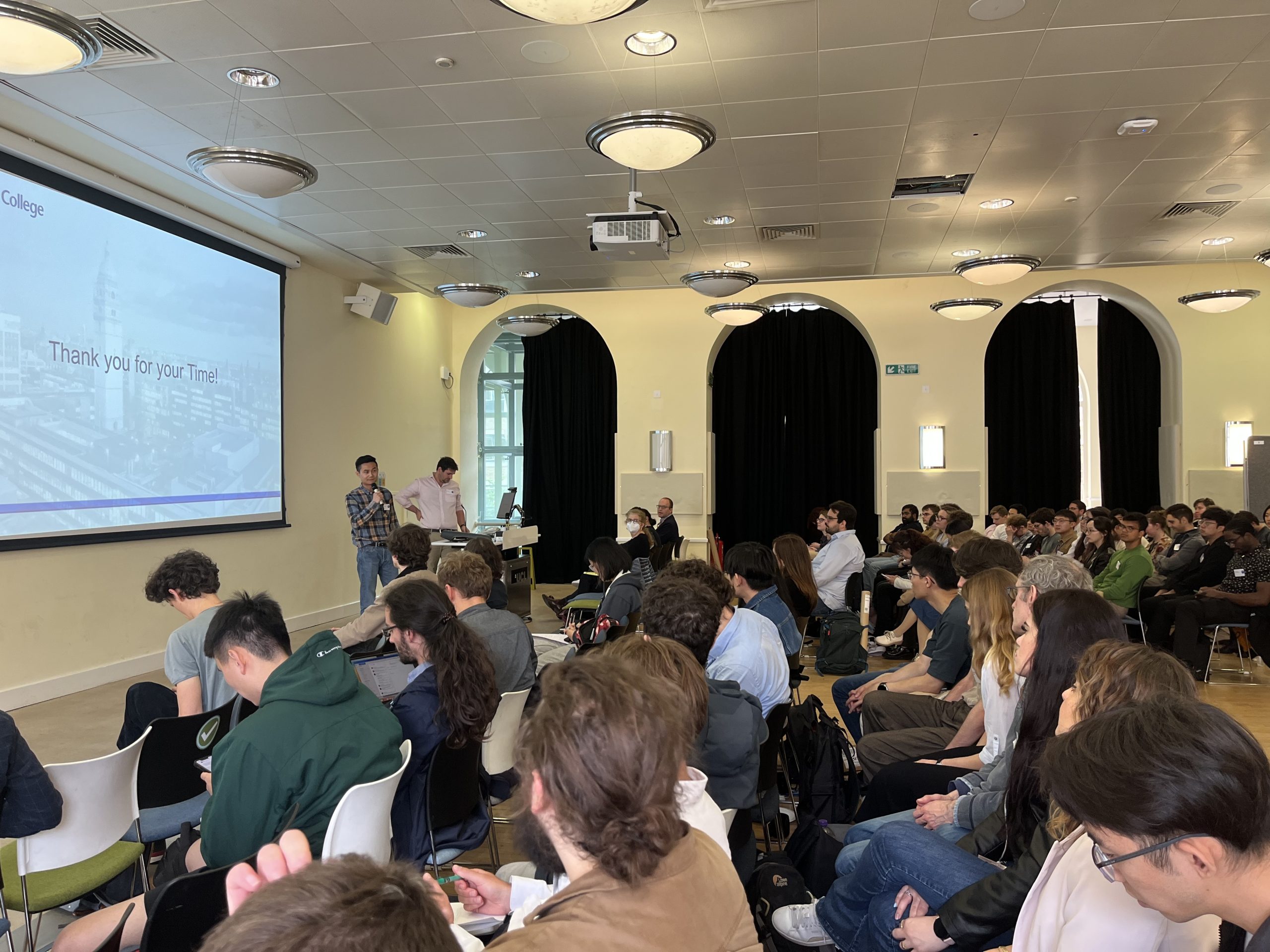
TYC Postgraduate Student Day 2024
22 May 2024 @ 9:30 am – 6:00 pm
Imperial College London, Royal School of Mines, room 228
The TYC Student Day is a one-day celebration of the research in theory and simulation of materials and molecules that is done by PhD students in the four London Colleges that make up the TYC (UCL, Imperial, King’s and QMUL), and Brunel University London and London South Bank University. There is a programme of talks given by a selection of final year students, together with a poster session, and invited guest speakers.
Cash prizes will be awarded for the ‘Best Talk’ and ‘Best Poster’.
We invite all TYC students to submit abstracts to present a poster of their research, and for final year students to submit abstracts for talks. ~12 talks will be selected (12 minute presentations and 2 minute Q&A), and all of the posters from across the four London TYC colleges, plus LSBU and Brunel, will be on display at the poster presentation during lunch and at a drinks reception at the end of the day.
We are also very pleased to host external speakers Fabiano Corsetti, a simulation engineer at the Microsoft Quantum Materials Lab, and Andrew Goodwin FRS from the University of Oxford, with a talk on the importance of disorder in materials.

VOTE FOR YOUR TOP 3 POSTERS USING THE QR CODE
| 09.30 – 10.00 | Welcome with tea & coffee |
| 10.00 – 10.05 | Opening remarks |
| Student presentations | |
| 10.05 – 10.20 | Understanding the electronic properties and mechanisms of formation of 1D defects observed in 2D MoS2 Daria Kieczka, University College London |
| 10.20 – 10.35 | New insights into methane conversion to graphene mesosponge Qi Zhao, Queen Mary University of London |
| 10.35 – 10.50 | Towards modelling realistic WS2/H2O/SiO2 interfaces Katherine Milton, University College London |
| 10.50 – 11.05 | Ab Initio study of the onset of Al corrosion Rashid Al-Heidous, Imperial College London |
| 11.05 – 11.30 | Tea & coffee |
| 11.30 – 11.45 | MDAutoMut: an automated Python library for assessing the effects of mutations on protein dynamics and developing predictive machine learning models Namir Oues, Brunel University |
| 11.45 – 12.00 | Free energy surfaces and their convergence from sets of asynchronous molecular dynamics simulations subject to multiple biases Antoniu Bjola, University College London |
| 12.00 – 12.15 | Insights from molecular dynamics and meta dynamics simulations into ligand unbinding kinetics in glycine receptors Guangpeng Xue, King’s College London |
| 12.15 – 12.30 | Anharmonic phonons with Gaussian processes Keerati Keeratikarn, Imperial College London |
| 12.30 – 13.30 | Lunch |
| 13.30 – 13.45 | Addressing fermionic complexity: advances in variational Monte Carlo techniques Massimo Bortone, King’s College London |
| 13.45 – 14.00 | Machine learning optimisation and structural dynamics of hybrid halide perovskites Xia Liang, Imperial College London |
| 14.00 – 14.15 | Many body physics with quantum computers Araf Haque, King’s College London |
| 14.30 – 15.30 | Posters & refreshments (upstairs in room 301D/301E) |
| Plenary talks | |
| 15.30 – 16.05 | Multiscale materials simulation for engineering a topological qubit stack: Band offsets at the semiconductor/superconductor interface Fabiano Corsetti, Microsoft |
| 16.05 – 16.40 | Correlated disorder in functional materials Prof Andrew Goodwin, Oxford University |
| 16.40 – 17.00 | Prize announcement & closing remarks |
| 17.00 – 18.00 | Reception |
The deadline to submit talk abstracts has now closed
Correlated Disorder in Functional Materials – Andrew Goodwin FRS, University of Oxford
All materials are disordered at finite temperatures. Sometimes this disorder is random; more frequently it’s not. This talk will explore some key examples where correlated (non-random) disorder is crucial for material function. Such systems pose a number of important and interesting challenges for experiment, computation, and theory alike, and the talk will also cover some of the open questions in the field.
Multiscale materials simulation for engineering a topological qubit stack: Band offsets at the semiconductor/superconductor interface – Fabiano Corsetti, Microsoft Quantum Materials Lab
The realization of a topological qubit device for quantum computation requires an exceptional level of understanding and control of the underlying material platform. Materials modeling plays a key role in the design of the devices, with different levels of theory being able to access different properties. In this context, we discuss the challenge of determining the band offset at the interface between the semiconductor and metal in semiconductor/superconductor heterostructure devices, an important parameter for controlling the topological phase. We show how first principles calculations can be used to accurately predict the band offset, and how this parameter then feeds into larger-scale models.

